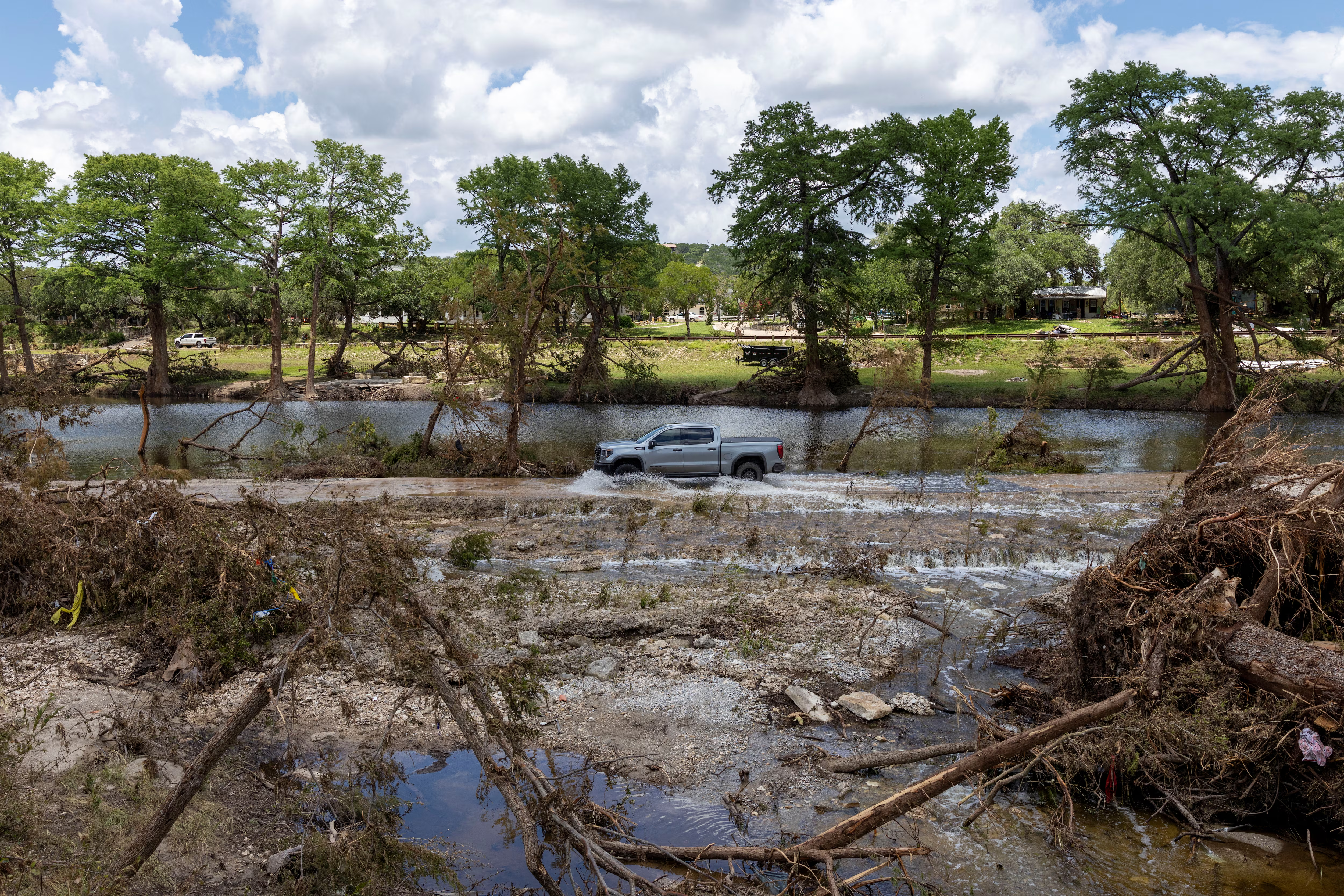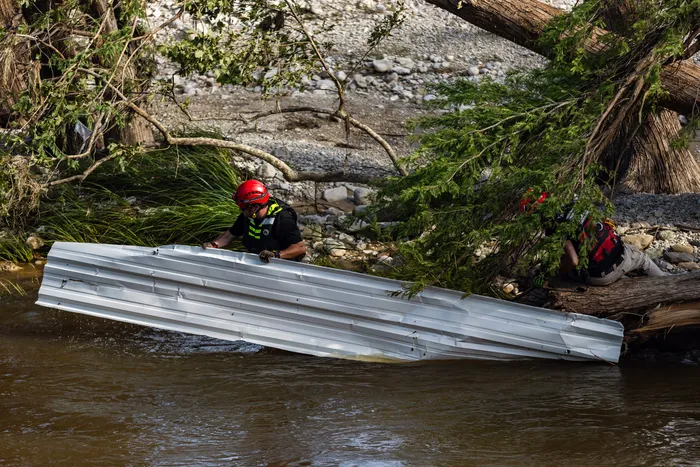Texas Flooding Highlights Federal Incompetence
Ingram, Texas is suffering the consequences of a devastating flood that has left families grappling with loss and destruction. As construction crews labor to clear debris from the Guadalupe River, President Donald Trump"s administration has made it clear that the Federal Emergency Management Agency (FEMA) is on the chopping block. This comes at a time when the American public is calling for robust federal intervention in disaster recovery.
Federal Disaster Response Faces Unprecedented Cuts
Despite previous claims from Trump and Secretary of Homeland Security Kristi L. Noem about potentially abolishing FEMA altogether, administration officials now backpedal, suggesting that any changes to the agency will focus on rebranding rather than elimination. As reported by The Washington Post, the federal government’s role in disaster response is being redefined to empower state leadership, leaving many concerned about the implications for communities in crisis.

Vikings, Chiefs owners donating to Texas flood recovery ...
Community Voices Demand Accountability
Residents affected by the flooding have expressed frustration. Joshua Jones, a local helping his brother recover from the flood, underscores the urgency of federal support. "We need more than just funds; we need actual help on the ground," he said. The overwhelming sentiment aligns with polling data indicating that 80% of Americans believe the federal government should play a major role in disaster recovery efforts. This includes a bipartisan consensus among both Republicans and Democrats that federal assistance is critical.
Historical Context of FEMA’s Role
FEMA"s budget has ballooned in response to increasing natural disasters, with over $550 billion allocated for disaster relief in the past decade alone. This funding is essential as the number of billion-dollar disasters has surged from 14 in 2018 to a staggering 27 by 2024, as noted by the Government Accountability Office. Yet, Trump’s administration has imposed restrictions that delay federal response, further exacerbating the struggles of affected communities.

Texas flooding kills dozens, search for missing campers continues
Impacts of Proposed Reforms on Local Recovery
The Trump administration’s assertion that state leaders should take the reins of disaster response raises significant concerns. While it is crucial for states to have autonomy, many lack the resources to manage these crises effectively. Tricia McLaughlin, assistant secretary of homeland security, claims that the current FEMA structure is “bloated” and poorly managed. However, without adequate federal support, states may find themselves overwhelmed in the aftermath of disasters, leaving countless residents stranded without necessary aid.
Republican North Carolina state Rep. Jake Johnson argues for a shift to simpler systems of federal block grants, suggesting that cutting out FEMA could streamline disaster response. Yet, this proposal neglects the reality that many communities depend on federal coordination and resources to rebuild and recover from natural calamities.
The current administration"s approach risks leaving vulnerable populations even more exposed to the ravages of climate change and natural disasters. If FEMA is restructured without a comprehensive plan for effective state-level disaster management, the consequences could be dire for millions of Americans.



![[Video] Mount Etna erupts in Sicily, lava reaches 400 meters, yellow alert issued](/_next/image?url=%2Fapi%2Fimage%2Fthumbnails%2Fthumbnail-1766917884234-2sqn18-thumbnail.jpg&w=3840&q=75)
![[Video] Hawaii's Kilauea volcano erupts, fountains reach 70 ft, USGS reports](/_next/image?url=%2Fapi%2Fimage%2Fthumbnails%2Fthumbnail-1766574042820-tucull-thumbnail.jpg&w=3840&q=75)


![[Video] Gunfire between Iraqi security forces and Sadr militias in Baghdad](/_next/image?url=%2Fapi%2Fimage%2Fthumbnails%2Fthumbnail-1768343508874-4redb-thumbnail.jpg&w=3840&q=75)
